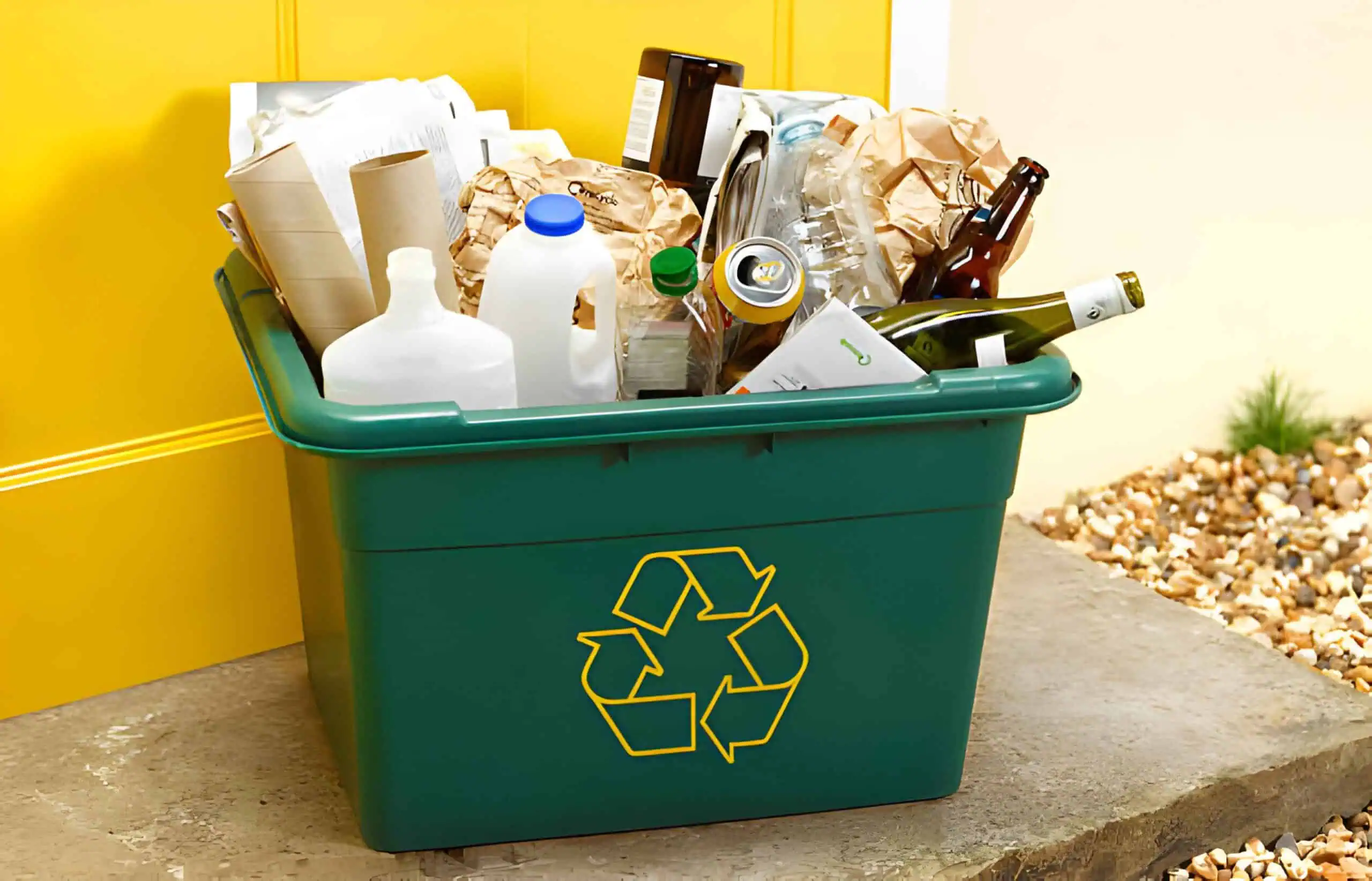According to Next Move Strategy Consulting, the Sweden Waste Management Market is poised for significant growth, with an expected expansion to USD 12.59 billion by 2030. This represents a compound annual growth rate (CAGR) of 5.80% by 2030. The market growth is being fueled by the increasing volumes of waste generated across residential, commercial, industrial, & healthcare sectors, alongside a surge in government-backed initiatives & technological advancements in sustainable waste management solutions.
Expanding Waste Volumes Drive Market Growth
As Sweden continues to grapple with rising waste volumes, the demand for more efficient & advanced waste management systems has intensified. According to the European Environment Agency’s 2022 report, Sweden’s annual municipal waste generation reached 4.6 million tonnes in 2020, with a per capita waste generation of 431 kg. As waste output increases, the need for modern waste handling systems—ranging from waste collection & transportation to processing, recycling, & disposal—has never been greater.
The growing pressure to address environmental concerns & reduce waste has created a fertile ground for innovations in waste management technologies & systems. Sweden’s waste management market is expanding rapidly, driven by a combination of population growth, public awareness, & evolving waste regulations that require more efficient, sustainable, & resource-recovering practices.
Government Initiatives & Regulatory Push
Sweden’s government has played a pivotal role in advancing the waste management sector. By introducing & enforcing regulations that support waste reduction, recycling, & proper disposal, Sweden has positioned itself as a leader in environmental sustainability. A key development in this regard is the government’s decision to gradually increase the targets for preparing waste for reuse & material recycling by 2035, as outlined in the European Environment Agency’s 2023 report.
Such policies & initiatives are motivating both public & private sector investments in waste management technologies, spurring the growth of the market. These efforts are not only improving waste management capabilities but also fostering the development of new services & technologies that reduce the environmental impact of waste disposal.
Adoption of Waste-to-Energy Technologies
A promising area of growth in Sweden’s waste management market is the increasing adoption of waste-to-energy technologies. These technologies, including incineration, anaerobic digestion, & gasification, transform waste materials into usable energy, thereby reducing landfill dependency & contributing to sustainable energy generation.
Get Instant Access to a FREE Sample!
Waste-to-energy technologies are increasingly viewed as a critical component of Sweden’s strategy for transitioning to a circular economy. By converting waste into a valuable resource, these technologies help reduce the environmental footprint of waste while creating economic value. This aligns with global trends toward circular economy practices & presents an exciting avenue for future growth in Sweden’s waste management industry.
Challenges: Stringent Regulations & Compliance Costs
Despite the promising growth prospects, the Sweden Waste Management Market faces challenges. Stringent environmental regulations & compliance standards are a significant concern for businesses operating in the waste management sector. The financial burden of meeting these regulatory requirements can be substantial, particularly for smaller operators.
See What You’re Missing – Download a FREE Sample Now!
To comply with increasingly rigorous environmental standards, companies must invest in advanced technologies & operational processes, which can limit their ability to expand & innovate. These compliance costs can be a restraint on market growth, particularly for companies that are not equipped with the resources to navigate such stringent regulatory landscapes.
Market Structure & Key Segments
The Sweden waste management market is diverse, comprising various waste types & treatment methods that cater to different sectors, including municipal, industrial, & commercial.
By Waste Type:
- Municipal Solid Waste (MSW) – Household waste including food, paper & cardboard, plastic, glass, & metal.
- Industrial Waste – Waste generated from manufacturing, construction & demolition, agriculture, & other industrial activities.
- Commercial Waste – Waste produced from commercial establishments.
By Waste Treatment:
- Recycling
- Composting
- Incineration
- Controlled Landfills
- Sanitary Landfills
- Open Dumps
Competitive Landscape
The Sweden waste management market is home to several key players who are driving innovation & providing a broad spectrum of services. Notable companies in the market include:
- Sysav
- Renova
- Ragn-Sells
- Avfall Sverige
- Stena Recycling
- Vattenfall AB
- PreZero Recycling AB
- Sortera Group
- Lassila & Tikanoja (L&T)
- Envac Group
These companies play a critical role in shaping the future of Sweden’s waste management landscape, contributing to the development of sustainable solutions & technologies. Their efforts in improving waste collection, recycling, & energy recovery are helping the country move closer to its environmental goals.
Market Forecast & Future Prospects
Looking ahead, the Sweden waste management market is set to continue its upward trajectory, driven by the following factors:
- Increasing waste generation across all sectors
- Government policies aimed at reducing waste & promoting recycling
- Technological advancements in waste processing & waste-to-energy solutions
- Rising demand for environmentally sustainable waste management practices
It is clear that Sweden’s waste management industry is on the path to becoming a cornerstone of the country’s sustainability efforts. Industry stakeholders, including businesses, governments, & consumers, will play an integral role in shaping the future of waste management in Sweden.
Conclusion
Sweden’s commitment to sustainability, driven by regulatory frameworks, public awareness, & technological innovation, positions the country as a global leader in waste management. The sector’s underscores the increasing importance of waste management in Sweden’s environmental & economic future.
Source: PR News Releaser

